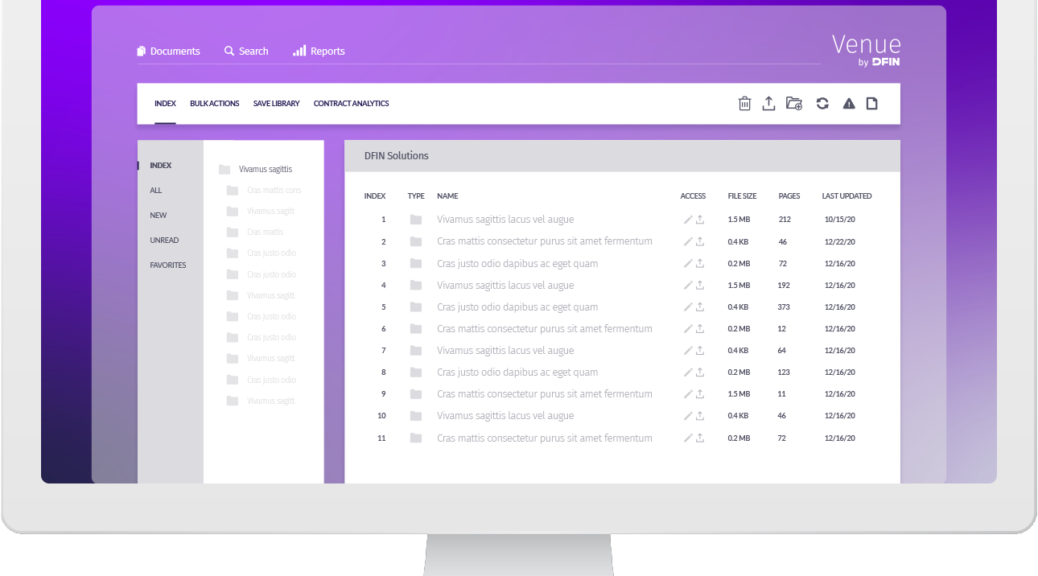It is very important for companies to be able to discern the prospects and benefits of using certain work tools. The use of virtual data rooms, despite their popularity among users around the world, still lends itself to criticism and doubts, especially among sales users. We suggest you take a close look at VDR pros and cons for buyer and seller to form your own opinion on the feasibility of this software for your company.
What does the use of virtual data rooms give customers?
To get the full picture of the capabilities of virtual data rooms, you need to take a close look at their main advantages and disadvantages. Let’s start with the nicer things and offer a look at the merits of data rooms that can be used for the benefit of companies. Some of the main advantages of data rooms are:
- Versatility. Data rooms can be useful for companies in a wide variety of industries, from corporate management to marketing and sales. They are also suitable for use in both large and small companies. At the same time, developers equip them with quite a large number of working tools to perform various tasks.
- Security. The use of data rooms is able to provide protection of corporate data and work processes at a higher level by using different systems of digital protection. It is the integrated use of such protection tools that ensures the maximum safety of work through the use of virtual data rooms.
- Convenience. Virtual data rooms can be used on any user device-all you need is an active account. In this way, data rooms provide workflow efficiency in any environment without having to travel to the workplace to perform their primary tasks.
Many data room users indicate that the introduction of such platforms in their companies has had a positive impact on the work of the entire team. Sales companies can benefit just as much from these tools as those in their other industries.
Disadvantages of using due diligence during M&A for sales
However, even admirers of virtual data rooms point out that the use of such platforms has some disadvantages to consider when organizing the workflow:
- Data rooms are not suitable for all industries. Certain industries can get along quite well without data room tools, using them only to work with documents and communicate. Popular office programs can do quite well with this.
- Working with physical documents is more convenient. Some professionals, even if there is a large selection of virtual tools, still prefer to work with physical documents. This makes them more confident about the quality of their work and more accountable for the results of their actions.
- There remains the possibility of virtual errors and system failures. A virtual data room can provide the right level of protection, but it is still vulnerable to various failures and technical errors. One mistake and you risk losing all-important information forever.
The use of virtual data rooms in the operation of companies has both advantages and disadvantages. It is necessary to consider it at a choice of the working tool for the company, and also conformity of its tools for a field of activity.

